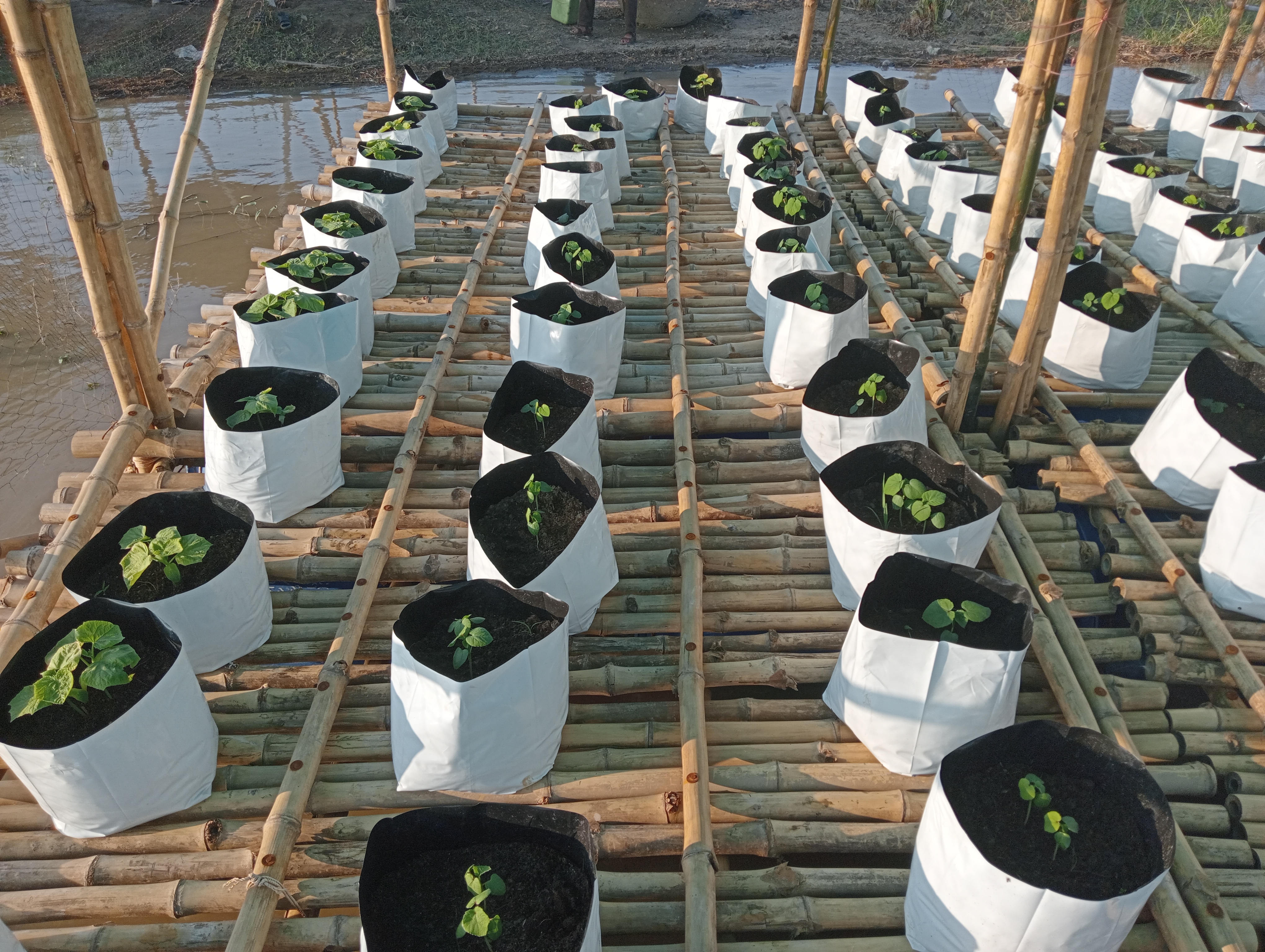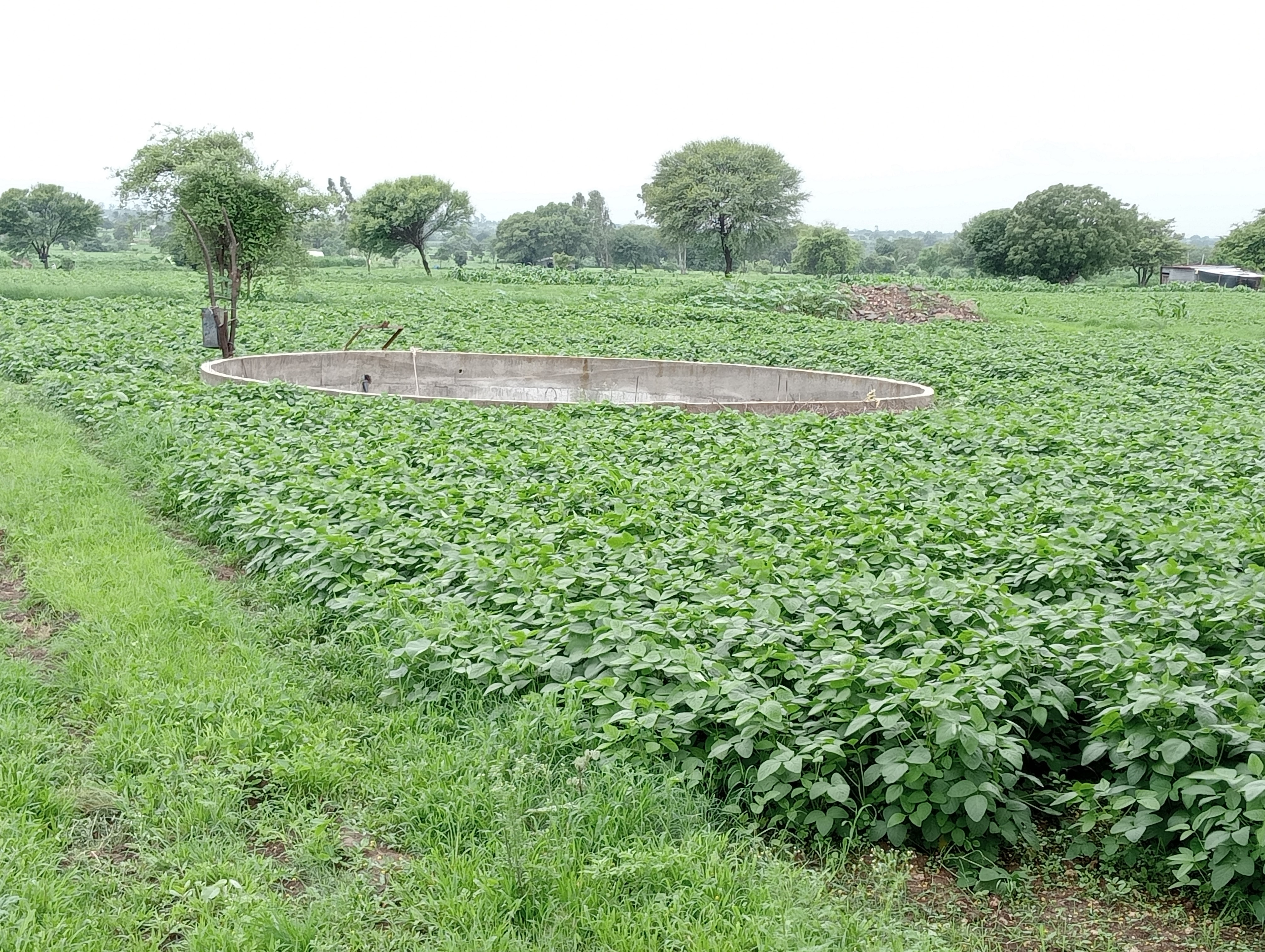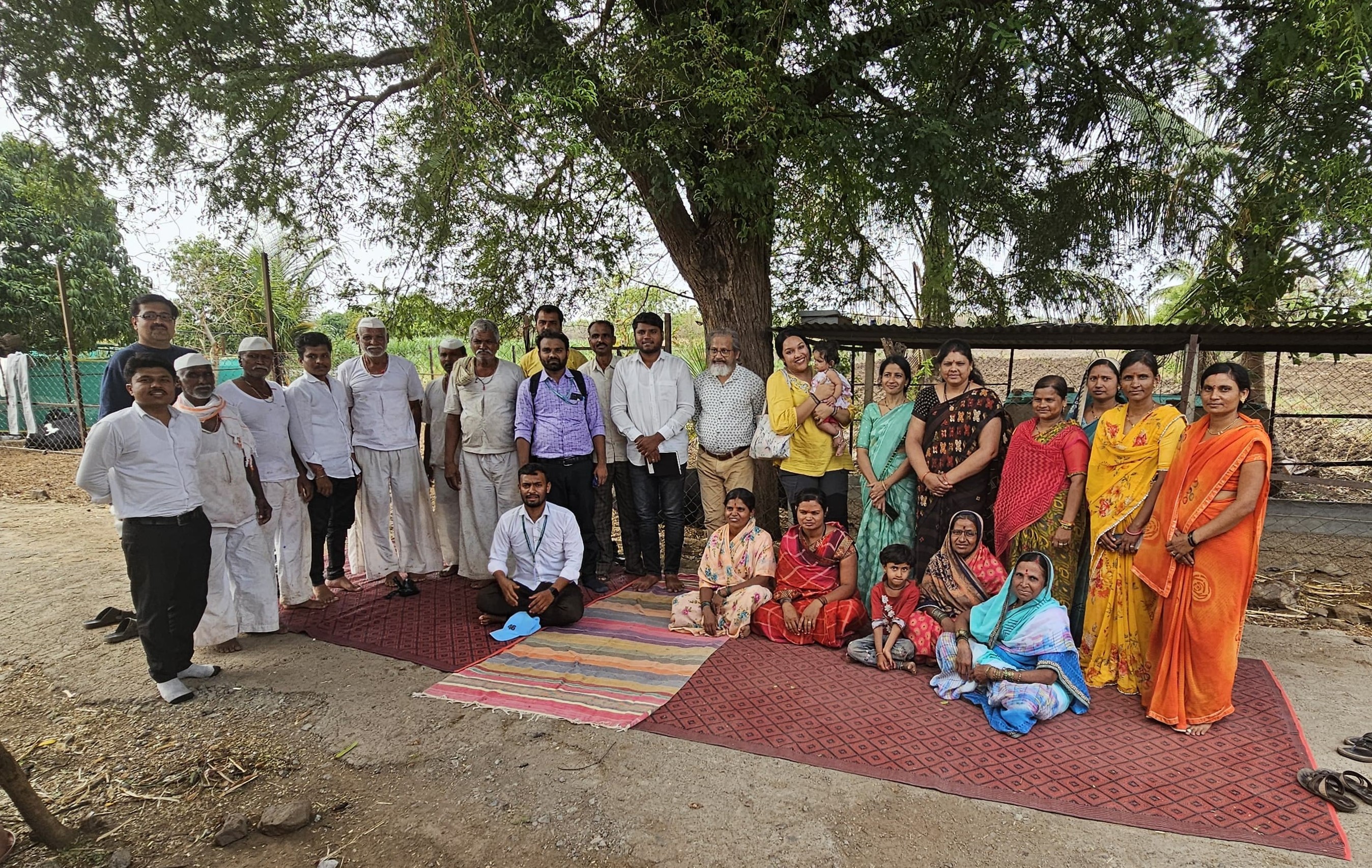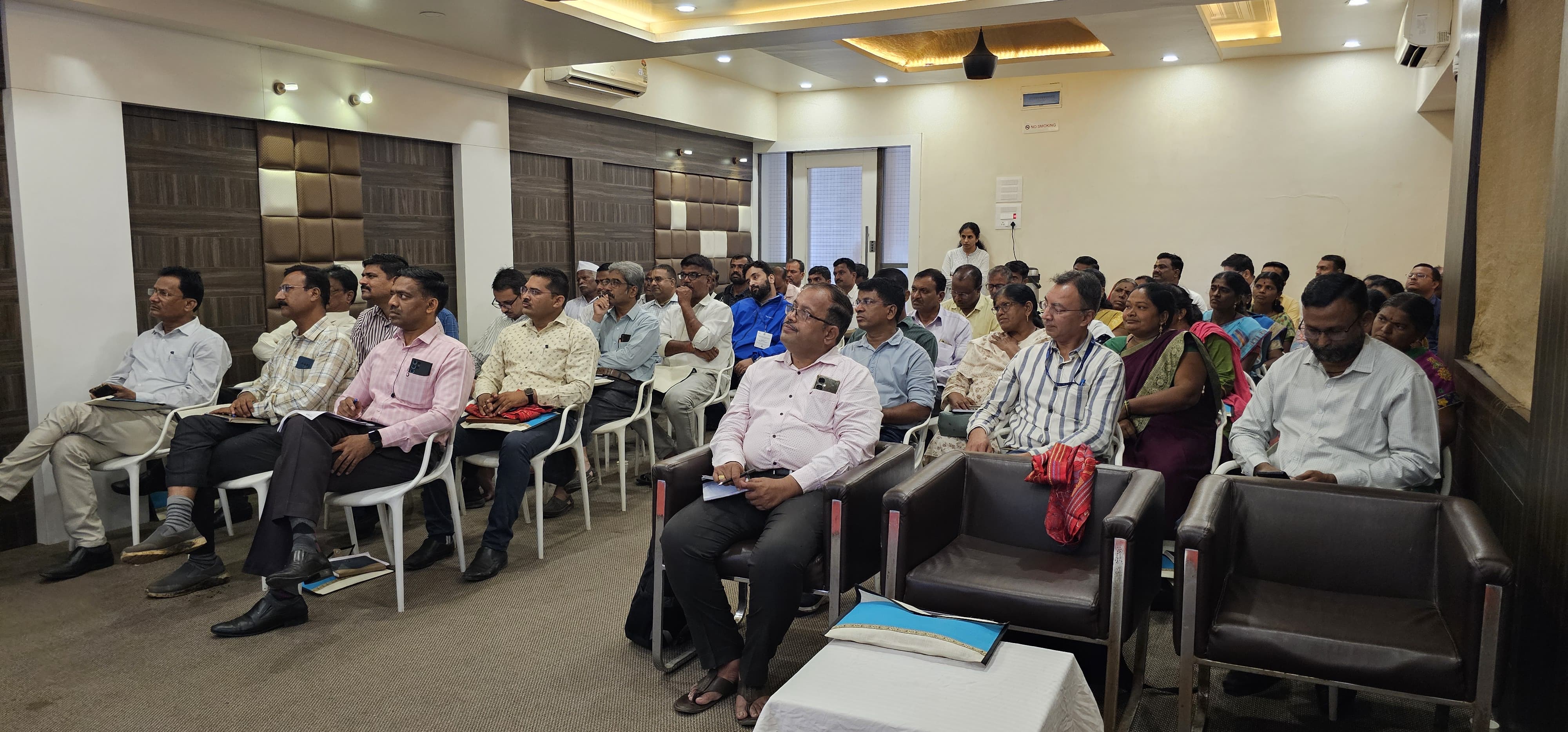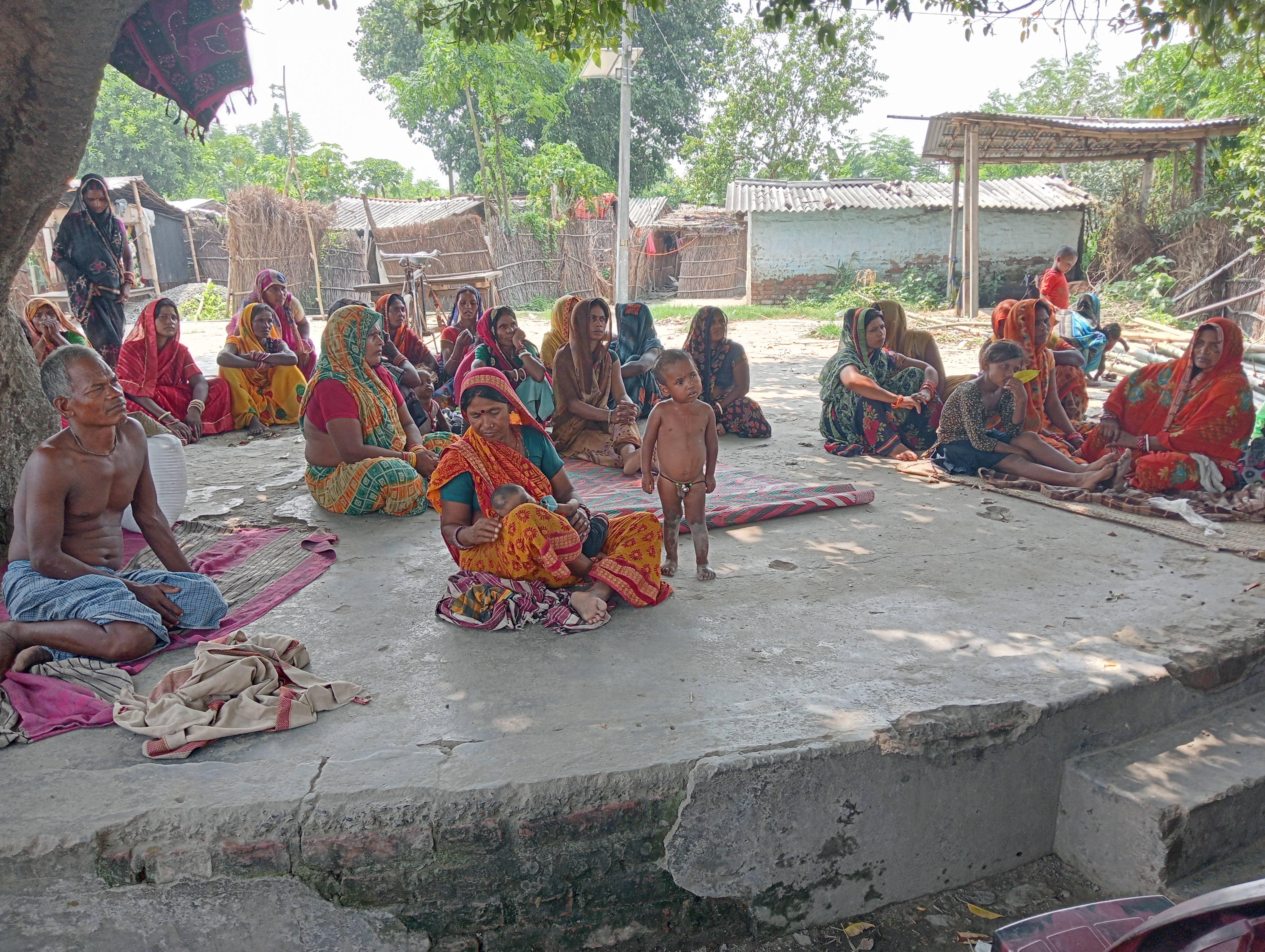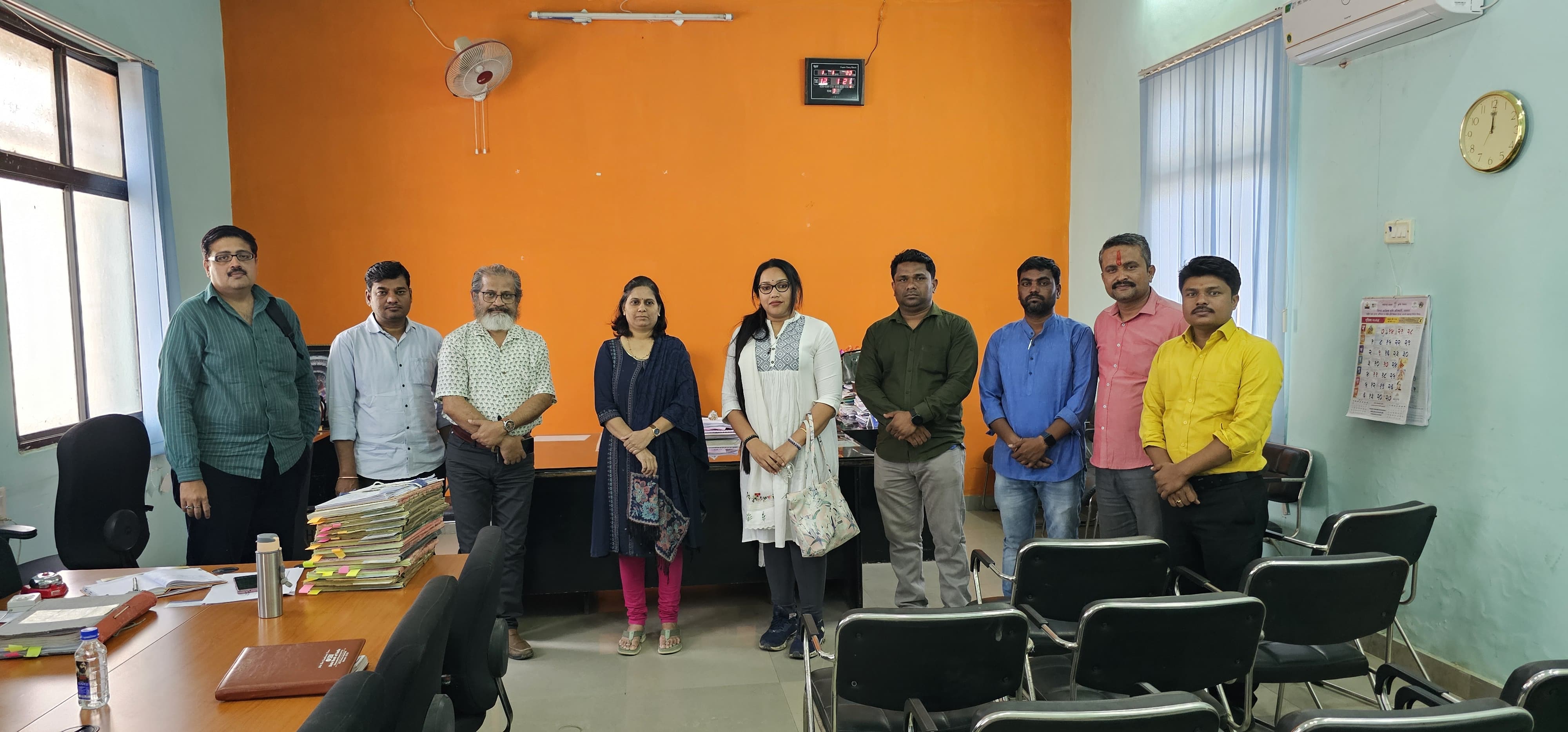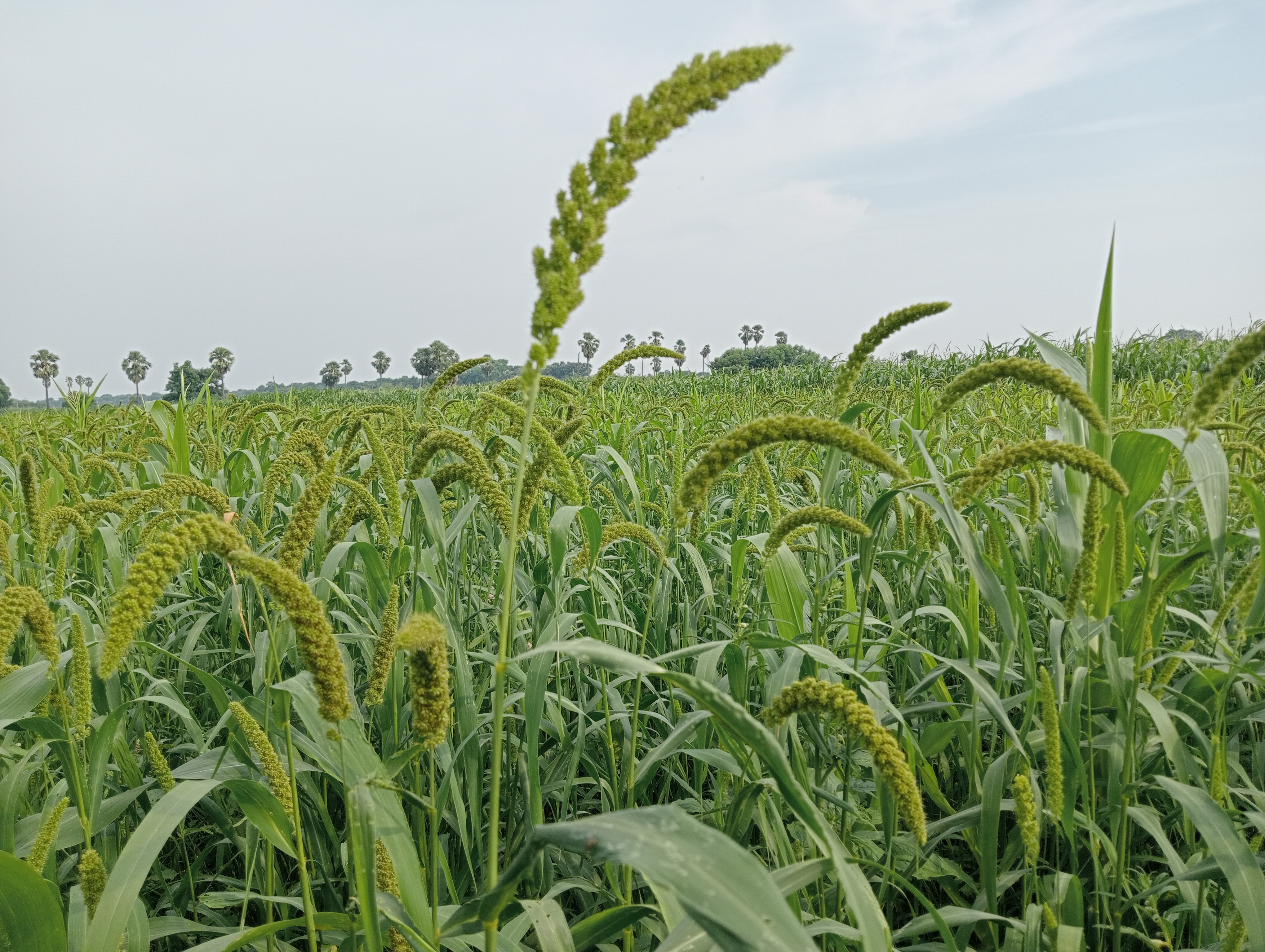
Climate-resilient sustainable livelihood for marginal agrarian communities, through agroforestry interventions focused on the vulnerable districts of Bihar (Begusarai) and Maharashtra (Dharashiv) – Supported by IndusInd Bank
Partners
This CSR project is being collaboratively executed by Indian Institute of Technology Madras (IITM) and PFRIProject description
This project tackles the urgent climate challenges faced by India’s marginal agrarian communities in biodiversity-rich yet climate-vulnerable regions. Increasing climate disruptions—such as ENSO, IOD, storms, and droughts—threaten both ecosystems and livelihoods. Traditional agricultural practices, once well-suited to local climates, now need adaptive frameworks to withstand these changes. Aligned with national policies on decarbonization and resilience, the project promotes Ecosystem-based Adaptation (EbA) and Nature-based Solutions (NbS). By blending traditional ecological knowledge with science-backed methods, it aims to build a community-driven, climate-smart agro-management system to secure food and livelihoods. Recognizing the need for technology transfer, capacity building, and fair compensation for sustainable transitions, the project focuses on scalable, resilient practices for India’s diverse agro-ecological zones.Objectives
1. Study several climate change scenarios to predict ensuing climatic regime in the intervention area in this milieu.2. Sustainably intensify primary productivity through innovative agroforestry models, resilient to changing climatic regime.
3. Develop place-based agroecological models for demonstration.
4. Value ecosystem services to create carbon-leveraging apparatus towards sustainability.
Expected Outcomes
1. The project has enabled multistakeholder convergence at community-ecosystem interface to abate climate impacts on whole-food system through an implemented action-research.2. It aspires to develop, design and demonstrate a place-based model for climate resilient agriculture through, empirical inputs, analysis and validation in the field.
3. The intervention in expected to have long-term impacts through scaling up efforts, both in public and private domains of endevours.
